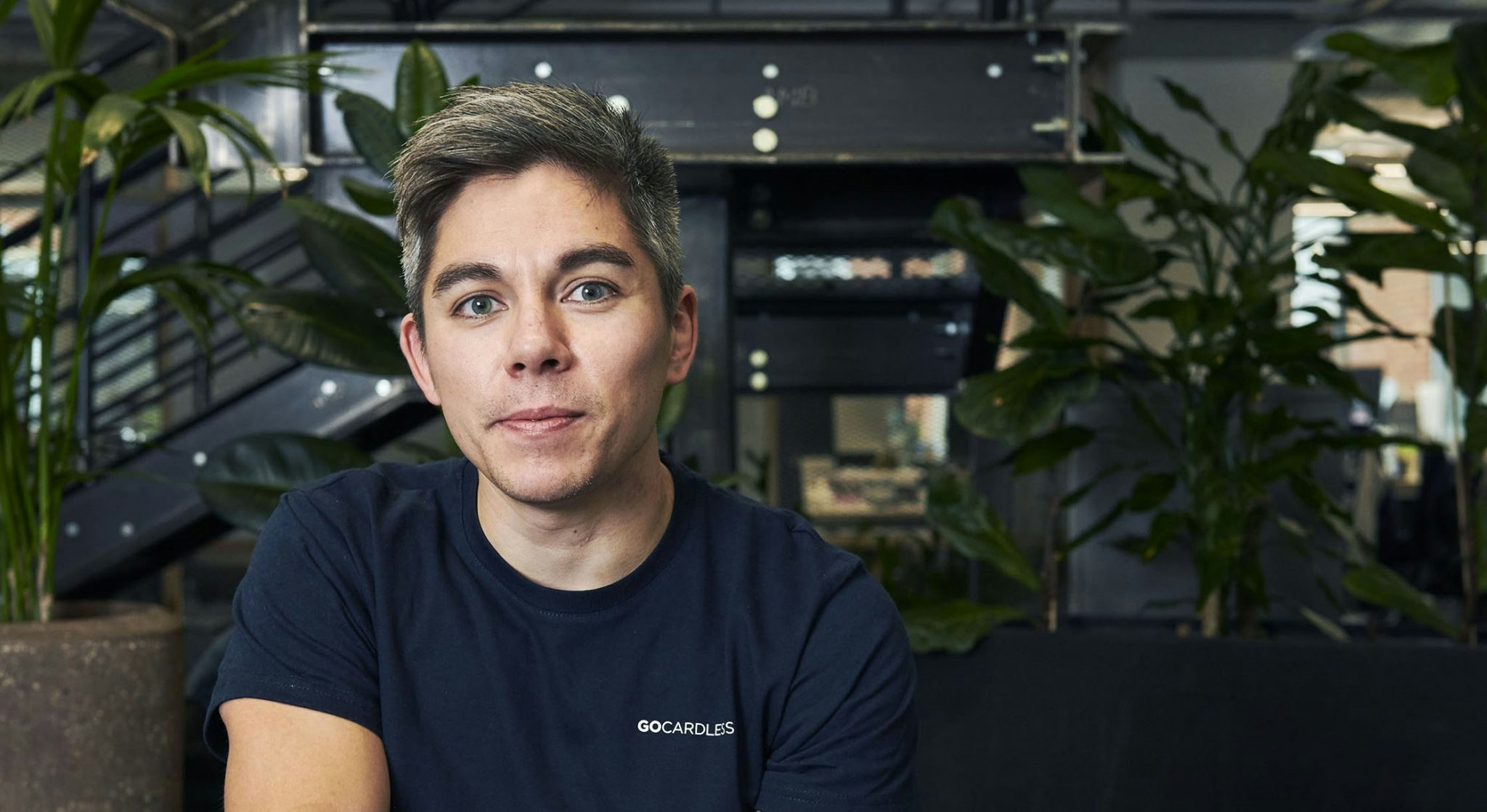Founders, now is the time to make bold moves in your leadership, reconnect to your purpose and get out of the way.
It is time to *finally* shift from the model of leadership that takes a top-down single-source approach to a model that promotes autonomy, collaboration and inclusion, as well as empowering teams to adapt quickly.
As uncomfortable as it may feel, leaning on the authoritarian-based model, where you take full control and hold all the answers, is going to stagnate your business and not grow it. In remote environments, you can’t be everywhere and hear everything, so learning to let your team solve their own problems and drive the business collectively forwards is key.
Recently, I spoke with executive coach and founder Jerry Colonna. He said: “Unfortunately, our socialised structure reinforces the idea that people who have power have all the answers. Truly, however, the person who has the answers is the person who is closest to the problem.”
In my role as a leadership coach I have the unique perspective to witness what’s going on in multiple companies. For the last six months here’s the insight — no one has a playbook, and everyone is doing their best, but those that are thriving are following these four rules:
1) Check yourself
Self-awareness defines your leadership ability to adapt. Knowing how to use vulnerability as strength in uncertainty and help increase your self awareness will enable you to connect with your team and create belonging. You can still be a rock, a grounding force for your team, while being open about the emotions you are experiencing. Gallup reported that amongst companies that have adopted a human approach to leadership with an emphasis on vulnerability, “people who are genuinely excited in their jobs are up 12% despite the current circumstances.”
Being vulnerable is letting those around you know what's going on with you, without putting it all on the table. Your team is there to drive the business, not to be your therapist.
Being vulnerable is letting those around you know what's going on with you, without putting it all on the table.
Build a community where you can be yourself. Have a space to share how you’re feeling, what you're scared of, and provide support to others.
What I’ve seen work really well is founders who build a small group (four or five) of founders from mixed experiences. They prioritise this meeting as to not let the team down and have a light structure in place so they know what to expect. Often it starts with “what’s challenging you” or “what’s been on your mind”. Using the time to support each other through new challenges or ones we may have faced before creates a great sounding board for a leader. It helps knowing that you’ll have an audience to really hear your challenges and who will positively hold you accountable to getting out of your comfort zone.
2) Open the decision-making pool
When you widen your circle of decision makers, and pull in other voices to help navigate the onslaught of short-term decisions that you’ve been faced with, you create solutions collaboratively. This leads to shared ownership and higher engagement, which are equally important in a remote world. You hired people who inspire you, so let them take the reins, tap into the intellectual capacity of your team.
It doesn't make sense to hire smart people and tell them what to do; we hire smart people so they can tell us what to do." — Steve Jobs
It’s like Steve Jobs said: "It doesn't make sense to hire smart people and tell them what to do; we hire smart people so they can tell us what to do."
It is possible to foster great team dynamics in a remote environment, if you change your mindset to being curious and move away from holding ‘old school’ draining meetings. If your meetings still follow the same flow as they did pre-remote, then you’re doing something wrong.
Organise your agenda as a set of questions to be answered rather than a set of topics to be discussed. According to a recent study conducted by Steven Rogelberg at MIT, only 50% of meeting time is effective and engaging — and these effectiveness numbers drop even lower when it comes to measuring productivity in remote meetings.
3) Work with your board
It's important to understand how to work with your board members as partners instead of worrying they will lose confidence in your ability to lead if you open up to them.
Get comfortable not having all the answers.
Get comfortable not having all the answers and instead engage the perspectives of those around you. You do not have to be the first to bring an idea to the table. Your board members bring a wealth of knowledge, experience and wisdom to the table, but won’t know how to help you if you don’t ask.
As much as we think we can play it cool, most people can read right through the bravado. Yes, things didn’t go to plan this year, yes, it's a bummer to not be in the same room together, but not all is lost. In times of great disruption come great opportunities, how are you harnessing it?
4) Reconnect to your North Star
The founders that are thriving have reconnected to their purpose, stepped away from feeling they need to have all the answers and have engaged their teams in rapid experimentation to figure out the best way to work together, remotely, in this new world.
In defining a destination, you can make the right short-term choices for long-term success. I worked recently with a founder whose confidence had been knocked by the backlash of the crisis, which paused a Series B raise and led to layoffs. We focused on helping him reconnect with his ‘first-time founder’ mentality to shift his perspective and get back on track.
Your North Star should revitalise you, excite you and centre you on days where you’re not feeling so strong. When you're fuelled with passion, it acts like a beacon of hope to those around you, and as a founder, this is the one thing you can’t delegate. You got this.


